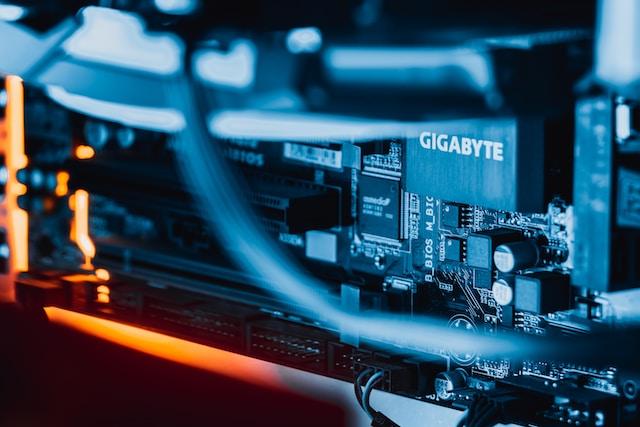Selecting the Ideal Business Computer: A Comprehensive Guide
Running a successful business in the digital age requires powerful technological tools. Among these tools, a reliable business computer is indispensable. Whether you're a startup entrepreneur, small business owner, or head of a larger corporation, the right computer can enhance productivity, streamline tasks, and help you stay competitive.
However, the process of selecting an ideal business computer can seem daunting with an array of options available in the market. Fortunately, a 1500 loan can provide the needed financial cushion for purchasing high-quality business computers without hurting your cash flow. But how exactly do you pick the right one? This comprehensive guide aims to make your decision easier.
- Understanding Your Business Needs
Before you can choose the right computer, you need to understand the specific needs of your business. A graphic design firm will require a different type of computer compared to an accounting firm. List down the tasks your business handles daily - video editing, programming, data analysis, customer service - and determine the hardware and software requirements for these tasks.
- Desktop vs. Laptop
The choice between a desktop and a laptop largely depends on your mobility needs. If you need to be on the move frequently, a laptop would be the ideal choice due to its portability. On the other hand, if your operations are mostly in one place, a desktop can offer more power and upgrade possibilities at a similar or lesser cost.
- Specifications (Specs) Matter
The specifications of a computer are essentially its internal components that determine its performance. Key components to consider are:
- Processor (CPU): The brain of the computer. If your business involves complex tasks like video editing or 3D modeling, go for a computer with a powerful, multi-core processor.
- Memory (RAM): RAM allows your computer to multitask efficiently. The more RAM a computer has, the more tasks it can handle simultaneously without lagging. The latest RAM is DDR5, which takes on from DDR4.
- Storage: There are two types of storage: Hard Disk Drives (HDDs) and Solid State Drives (SSDs). SSDs are faster, more durable, and less prone to failure, making them ideal for businesses.
- Graphics: If your business is involved in graphic-intensive tasks, you'll need a computer with a dedicated graphics card. Otherwise, integrated graphics should suffice.
- Software Compatibility
Ensure that your chosen computer can efficiently run the software necessary for your business. For instance, if you use specific accounting software, the computer must meet or exceed the software's minimum requirements.
- Durability and Reliability
Business computers are typically subjected to heavy use, so they need to be durable. Look for computers from reputable manufacturers known for their build quality and reliability. It might cost more initially, but it can save you in the long run from maintenance costs and potential loss of productivity due to downtime.
- Support and Warranty
Consider the support and warranty options that come with the computer. Businesses cannot afford extended downtime, so ensure the manufacturer offers prompt and reliable support. A good warranty can protect your investment and provide peace of mind.
- Security Features
With the rising threat of cyberattacks, it's crucial for business computers to have robust security features. Features to look for include biometric scanners, hardware-based encryption, and firmware protection.
- Price vs. Value
While it's important to stay within budget, avoid the temptation to skimp on your business computer. An underpowered computer can lead to lower productivity and cost more in the long run. Look for a computer that offers the best balance of performance and price.
In conclusion, selecting the ideal business computer is a crucial decision that can significantly impact your business operations. It requires a careful evaluation of your business needs, computer specifications, software compatibility, durability, support options, security features, and cost. By following this comprehensive guide, you can ensure you make the best choice to facilitate the success of your business.

